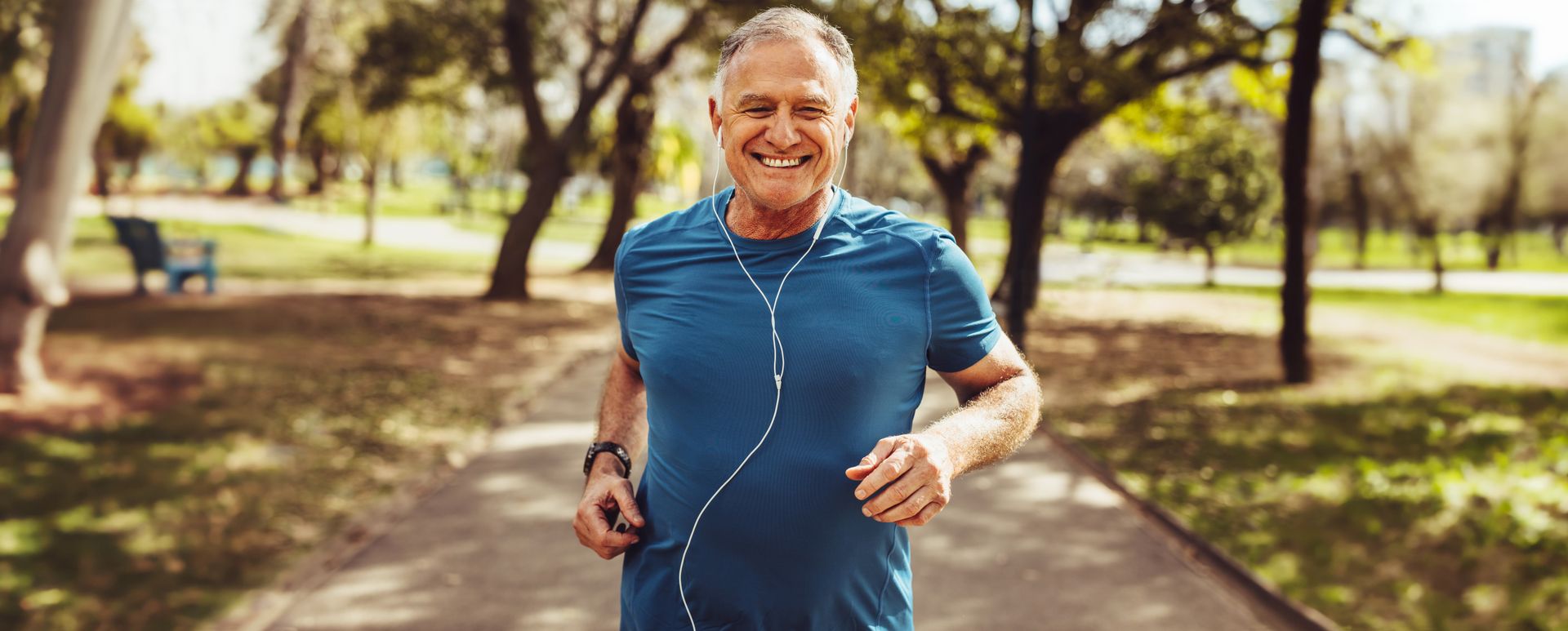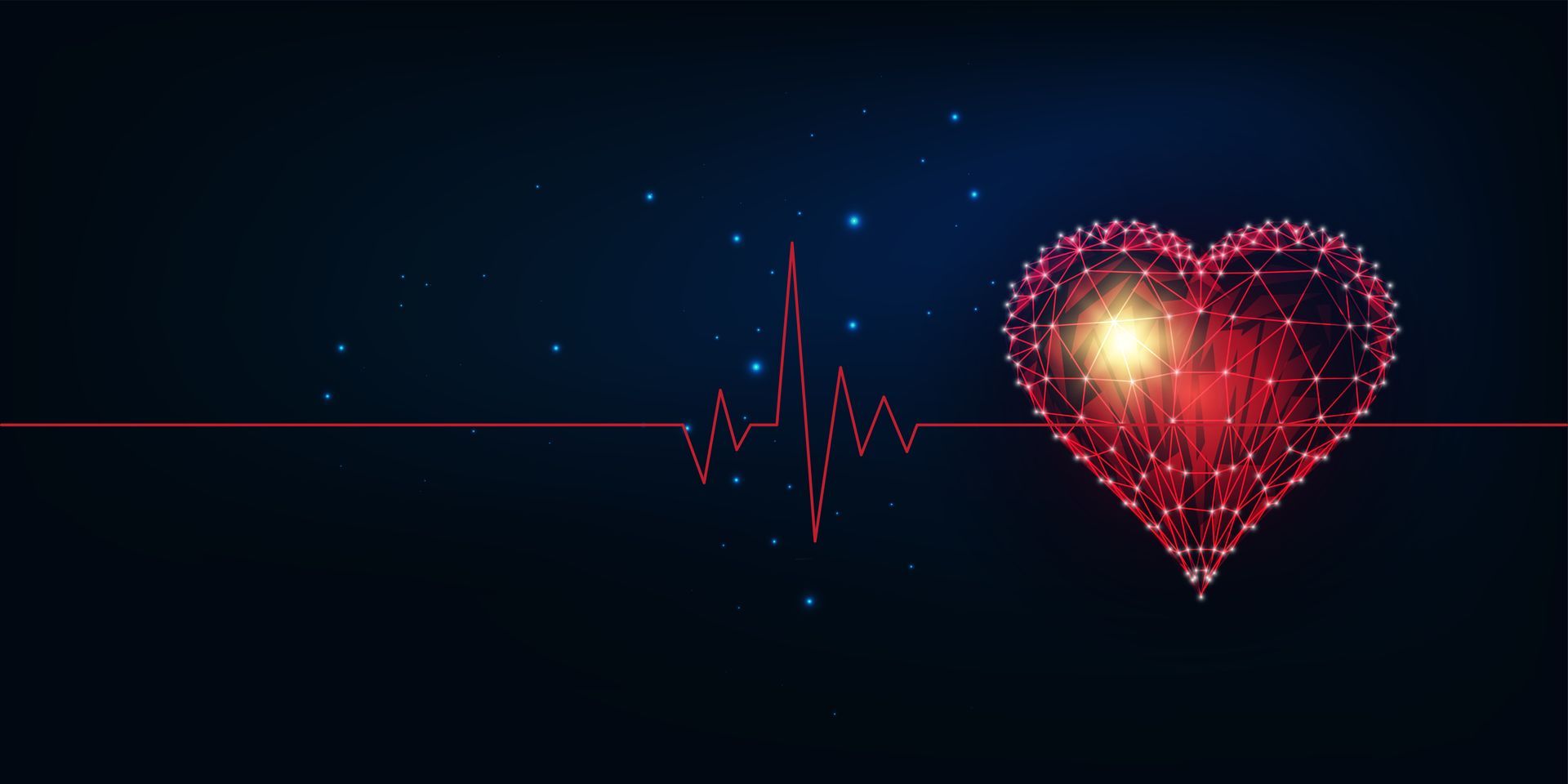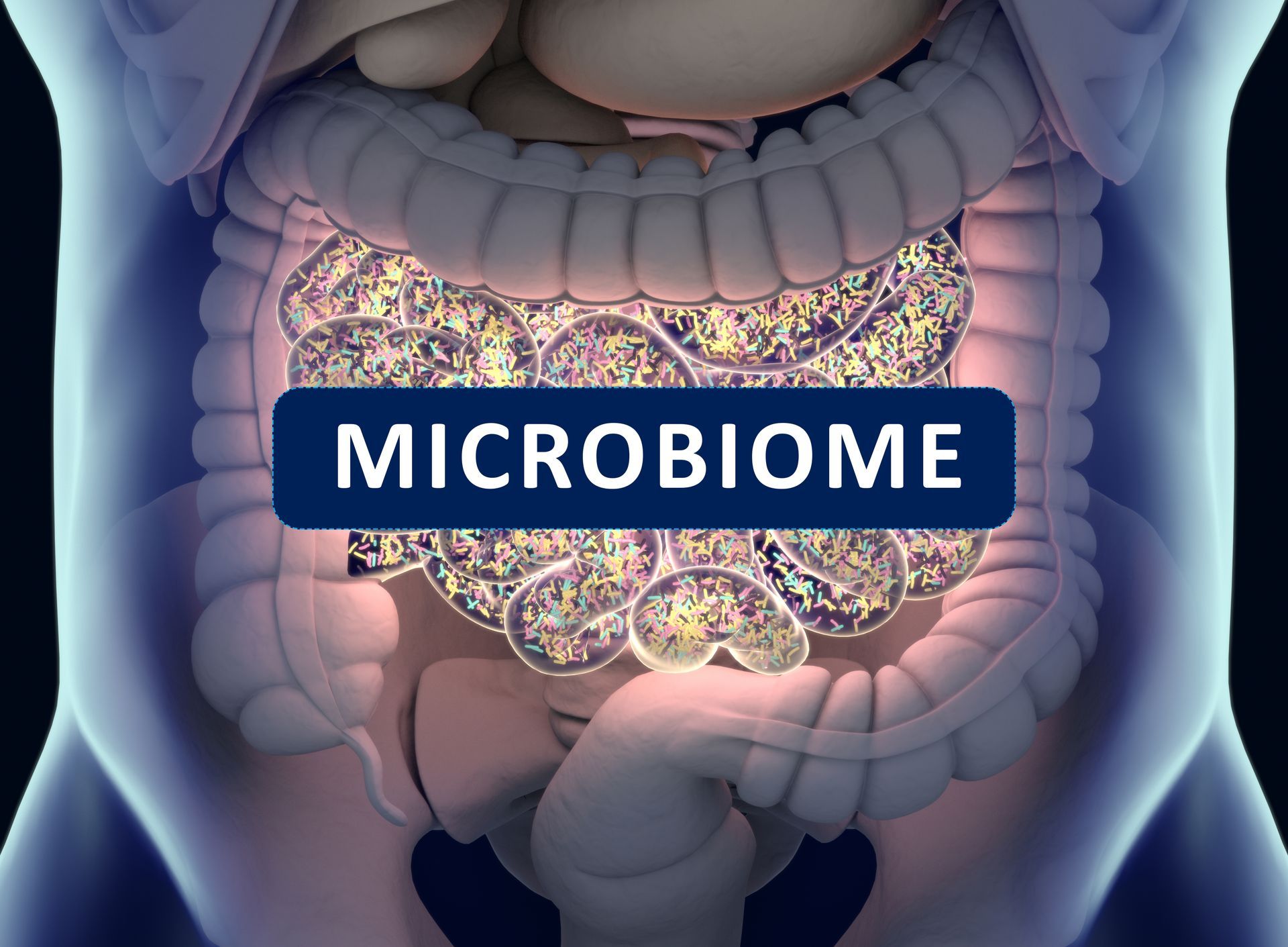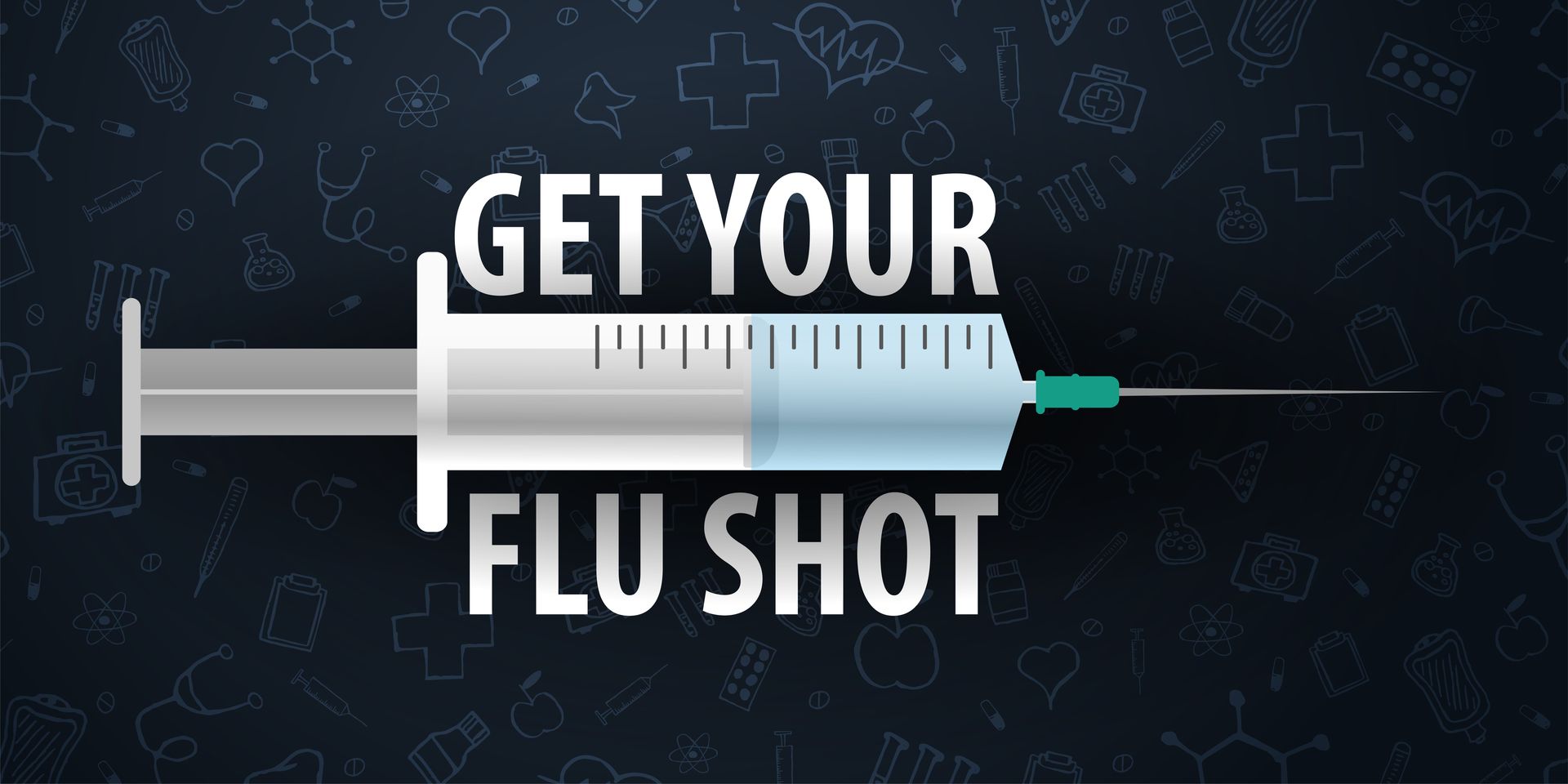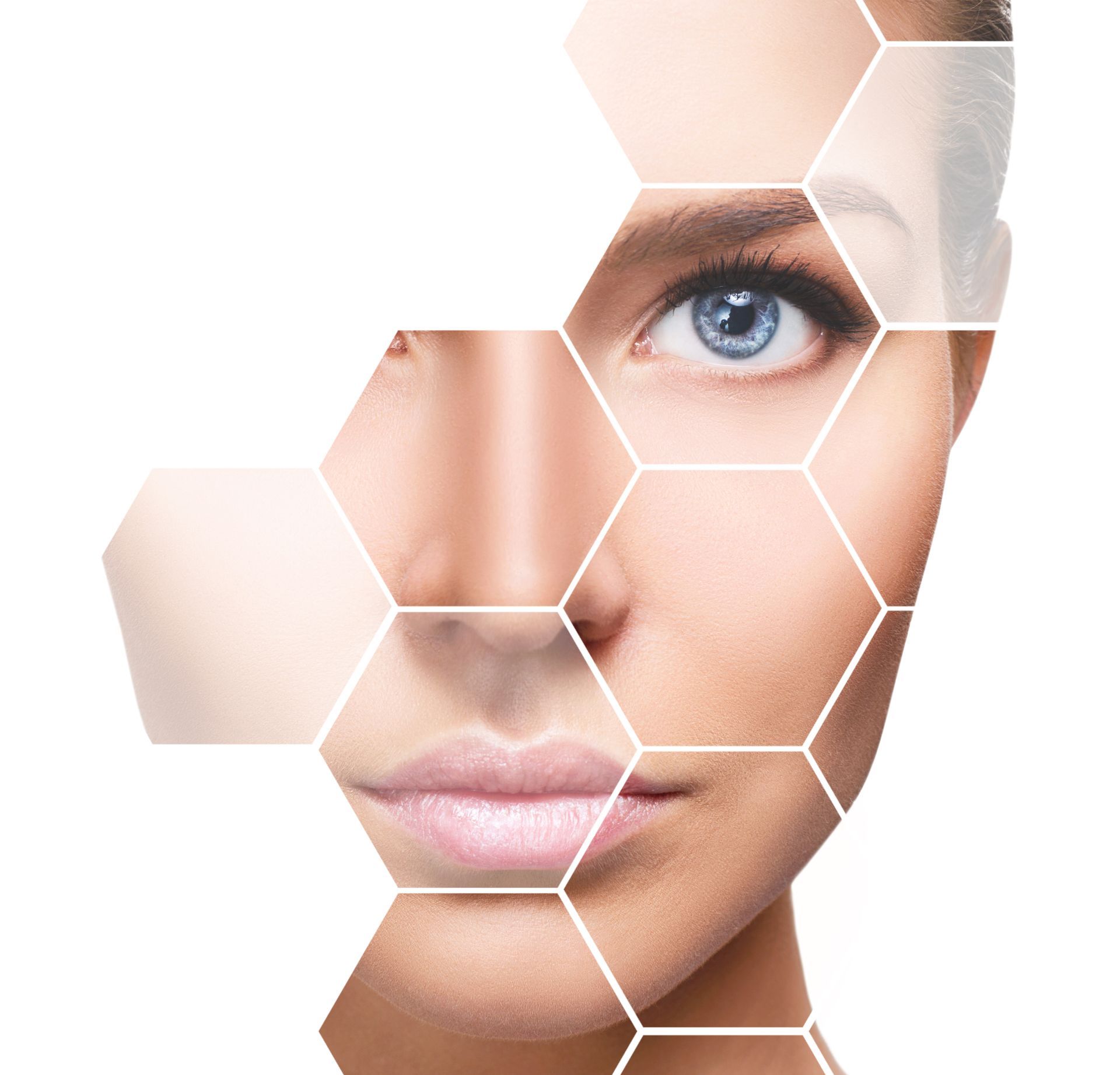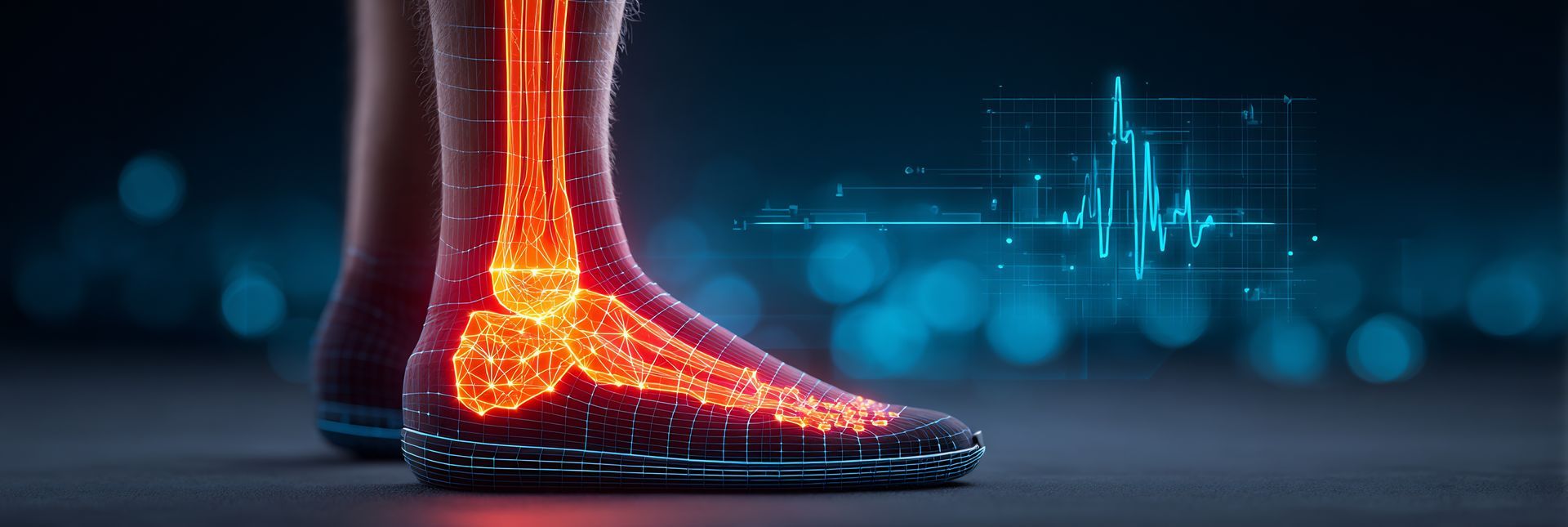How Old Are You, Really? The Science (and Secrets) of Biological Age
Here’s a question that might surprise you: How old are you — not on paper, but on the inside? You might be 50 years old by the calendar… but your body could be closer to 40. Or, if stress, sleep, and lifestyle have taken their toll, it could be operating like that of a 60-year-old.
Welcome to the world of biological age — the science-backed measure that reveals how fast (or slow) your body is actually aging.
At Access Healthcare, this is one of the most exciting frontiers of modern medicine. Because while you can’t change when you were born, you can change how your body ages — sometimes dramatically.
Chronological Age vs. Biological Age
Chronological age is simple — it’s the number of birthdays you’ve celebrated. Biological age, on the other hand, measures the wear and tear your cells, tissues, and organs have experienced over time. Think of it like mileage on a car. Two identical models, same year — but one has been driven gently on smooth highways, while the other has spent years on bumpy back roads. They may share the same manufacture date, but one runs far better than the other. Your biological age works the same way. It’s influenced by your genetics, yes, but also by your environment, habits, nutrition, sleep, stress, toxins, and even your thought patterns.
The Clocks Inside You
Scientists now know there isn’t just one “aging clock” in the body — there are many. Your heart, brain, immune system, and even your skin all age at different rates. This is why you might meet a marathon runner in his 60s who looks 45, or a stressed-out executive in his 40s who feels decades older. Advanced labs can measure these inner clocks using epigenetic testing — a fascinating process that looks at changes to your DNA called methylation patterns. These patterns don’t alter your genes, but they do change how your genes express themselves — essentially telling your body which genes to turn “on” or “off.” By studying these methylation signatures, scientists can estimate your biological age with remarkable accuracy — often within a single year.
Why It Matters
Knowing your biological age isn’t just a party trick. It’s one of the most powerful health insights you can have. If your biological age is younger than your chronological age, it’s a sign your habits are helping you age gracefully and protectively — you’re likely lowering your risks for chronic conditions, inflammation, and cognitive decline. But if your biological age is older, that’s an early warning signal. It doesn’t mean something’s “wrong,” but it does mean your body is under more stress or strain than it should be. The good news? You can reverse it. Aging isn’t a straight line. It’s a curve that you can flatten — or even bend backward — with the right science, lifestyle, and medical guidance.
Everyday Clues: How to Tell Without Testing
While formal testing gives you hard data, there are everyday clues your body might be aging faster (or slower) than the calendar says. Signs your biological age may be older than your chronological age:
- You wake up tired, even after a full night’s sleep.
- Small injuries or workouts take longer to recover from.
- You’ve gained weight around the midsection that’s hard to lose.
- Your skin feels dull or thinner than before.
- Your stress levels are constantly high.
- You notice “brain fog” or trouble focusing.
- Your motivation and resilience aren’t what they used to be.
Now the good news — here are signs you’re aging younger than your years:
- You sleep soundly and wake up energized.
- You recover quickly from exercise or long days.
- You rarely get sick.
- Your skin glows and heals easily.
- You maintain steady energy throughout the day.
- You feel mentally sharp and emotionally balanced.
None of these are absolute — but they offer hints about what’s happening inside. Your body is constantly giving feedback. The key is learning to listen.
The Real-Life Scenarios
Let’s make it real. Meet John, age 52 — a busy CEO who eats on the go, travels constantly, and burns the candle at both ends. On paper, he’s healthy: normal weight, no chronic diseases. But when he undergoes a biological age test, it shows he’s aging biologically like someone in his early 60s. After analyzing his biomarkers, his doctor finds chronically high inflammation, disrupted sleep hormones, and early arterial stiffness — silent risk factors invisible to a standard physical. Fast-forward one year. With a personalized longevity plan — optimizing nutrition, stress resilience, sleep hygiene, and targeted supplements — John’s biological age drops to 49. His labs improve. His energy skyrockets. He feels better than he did a decade ago.
Then there’s Maria, age 61. She’s an avid hiker, eats a Mediterranean-style diet, and meditates daily. Her biological age? 47. Her cells, quite literally, are younger than her birth certificate suggests. These are not miracles — they’re measurable results of how behavior shapes biology.
Rewinding the Clock
The exciting part about biological age is that it’s malleable. Unlike chronological age, which only moves forward, biological age can move backward. Studies show that targeted interventions can reduce biological age by several years within months. These include:
- Optimizing sleep: Deep, restorative sleep triggers cellular repair and longevity hormones.
- Exercise (especially resistance training): Builds muscle mass, supports insulin sensitivity, and activates anti-aging genes.
- Anti-inflammatory nutrition: Whole foods rich in omega-3s, polyphenols, and antioxidants literally slow the cellular rusting process.
- Stress mastery: Chronic stress accelerates aging via cortisol overload. Mindfulness, therapy, and downtime matter.
- Intermittent fasting or time-restricted eating: Helps the body recycle damaged cells and improve metabolic efficiency.
- Social connection: Loneliness shortens lifespan as much as smoking. Community and laughter extend it.
These aren’t gimmicks — they’re scientifically proven levers that help your body repair, renew, and rejuvenate.
Why Testing Changes Everything
While general habits are powerful, data brings precision. At Access Healthcare, we use epigenetic age testing and other biomarkers to map where your body stands — and more importantly, where it’s headed. From there, we craft a personalized plan to slow, stop, or even reverse accelerated aging. That might include hormone optimization, nutritional adjustments, regenerative therapies, or advanced diagnostics to detect hidden risks. It’s not about vanity — it’s about vitality. About turning the question, “How old are you?” into an invitation to live better.
This advanced biological age testing is exclusively available through Access Healthcare’s Executive Membership program. Members gain access to in-depth epigenetic analysis and personalized longevity insights not offered in standard care — allowing them to track, measure, and actively reverse the markers of aging with physician-guided precision.
The Takeaway
Aging isn’t something that happens to you — it’s something happening inside you, moment by moment, choice by choice. The remarkable truth is that your biological age isn’t fixed. You can influence it. Improve it. Even turn it back. And that means the future of medicine — and of your health — isn’t written in your genes. It’s written in your habits. So the next time someone asks how old you are, you might smile and say: “Well… that depends which clock you’re talking about.”
